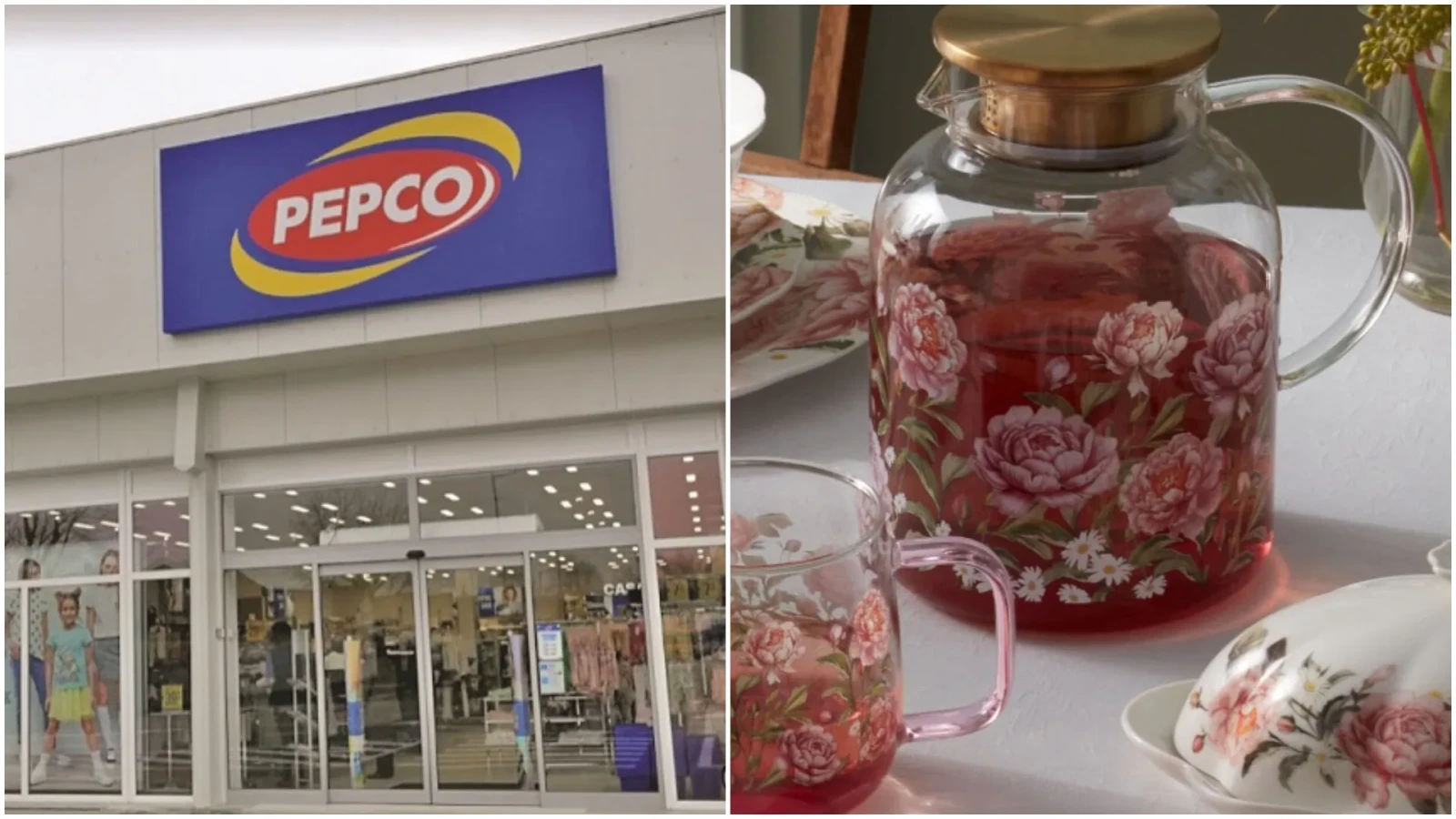Almost three-quarters of Romanians (72%) take into account discounts and promotions when it comes to appreciating shopping in stores, while 64% declared that they make them make impulsive purchases, both in the case of special and strategic placements, according to a specialized study, published on Thursday.
According to the Highlight Agency research, carried out with the support of Reveal Marketing Research, promotions are sought by all categories of consumers. At the same time, the impact of a well-communicated and signposted promotion that meets their needs is also very high in terms of brand loyalty: 78% of them state that promotions are one of the factors that influence the decision to change the brand they usually buy.
At the same time, promotional campaigns can change the usual brand for 55% of consumers (over 50% within all age categories: 57% Gen Y, 56% Gen X, 54% Baby Boomers and 50% Gen Z).
Also, one Romanian out of four states that instant prizes represent the desired type of reward in promo campaigns, being preferred to the greatest extent by consumers representative of Generation Z (28%). In this sense, 69% of the respondents consider that the instant prizes positively influence their decision to change the brands they usually use.
Promotional campaigns attract the attention of almost three quarters of buyers (72%), and 64% of respondents stated that they cause them to make impulsive purchases, referring to both special and strategic placements.
More than half (55%) of those questioned perceive the special placements in stores (creative islands, theatricalizations, etc.) as strategies to promote the products on offer or promotion, which underlines the effectiveness of these tactics in attracting the attention of consumers. At the same time, 40% of them are of the opinion that this type of placement influences their purchase decision, and they have the greatest impact on Generation Z (45%).
At the same time, strategic placement elements, such as placement at the ends of the shelves or in the cash register area, not only attract attention, but also shape brand loyalty, encouraging impulsive purchases, 67% of respondents stating that they purchase products from the cash register area. This behavior is more pronounced among younger buyers, from Generations Z and Y.
When it comes to signing up for promotional campaigns, more than half of Romanians (especially those from Generation X and Baby Boomers, men, with medium and high incomes) prefer promotions that also use online platforms, but in-store promotions, with a representative present, offer more confidence to buyers. The second place is occupied by promotions with instant earnings with a percentage of 22%, this time the majority coming from Generation Z (28%), then, at a long distance, by registrations via WhatsApp (10%) and SMS (8%).
In this context, Romanian consumers prefer useful and immediately applicable prizes in everyday life, considering online vouchers (47%), household appliances and household items (45%) as the most attractive types of prizes.
According to the study, Gen Z consumers indicated household appliances and household items as one of their favorite types of rewards (77%), second and only a short distance behind experience-type rewards, which occupy the first place in the preferences of the youngest consumers (81%). Baby Boomers (86%), Gen X (89%) mention gadgets as their preferred type of rewards, while Generation Y consumers equally prefer gadgets (79%) and experiences (79%)
On the opposite side, 6% of Romanians have never participated in promotions of any kind, the main reason being the lack of trust in their transparency (39%), the lack of interest in prizes in general (32%), the belief that they represent only a way to collect personal data (26%), the lack of time required for this action (24%) and the opinion that it is too complicated to participate or they do not have the right person to explain them. (10%).
The study carried out by Highlight Agency with the support of Reveal Marketing Research analyzed the answers provided by a sample of 1,006 respondents from the urban environment (51% women, 49% men), most of them full-time employees (76%), with high and average monthly household incomes, higher education (60%), married (66%).
































Comentează